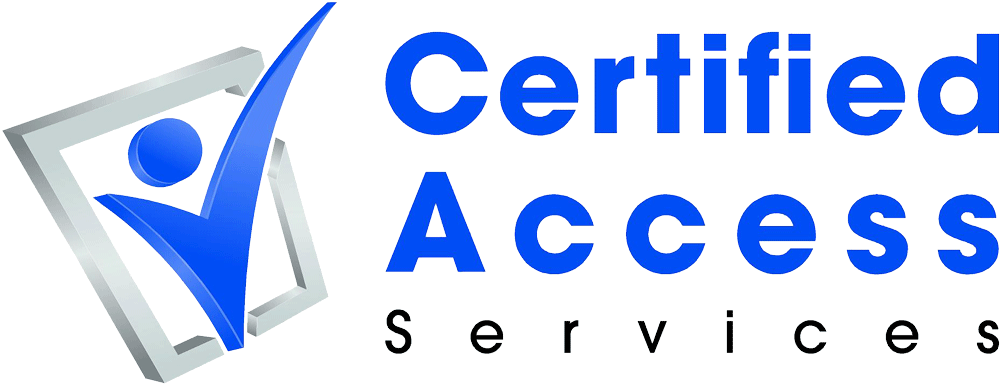Required Lease Agreement with CASp Disclosures
/If you are about to enter into a lease agreement, you may want to consider having the property CASp inspected. In 2016 California passed a new law that affects commercial property leases or rental agreement executed on or after January 1, 2017. The goal of AB 2093 is to encourage the disclosure of any accessibility concerns between landlord and tenant during lease negotiations and to provide a framework for how those concerns will be addressed. Discussing who is responsible for barrier removal and liability in the event that an accessibility claim is filed is now an important step in lease negotiations in California.
Please note that having a CASp inspection is NOT required. There are no California laws that require the services of a CASp. The Certified Access Specialist program was created as a voluntary measure to improve accessibility and reduce lawsuits.
AB 2093 amends an existing disability access law (SB 1186) which requires a landlord to state on every lease form or rental agreement executed on or after July 1, 2013, whether or not the property has been determined by a CASp to meet all applicable construction-related accessibility standards. In addition to the statement on the lease form, AB 2093 now requires additional disclosure and language as follows:
If the property has had a CASp inspection and there have been no alterations affecting accessibility since the inspection, the commercial property owner/landlord shall provide the prospective tenant with a copy of the CASp report at least 48 hours prior to the execution of the lease or rental agreement.
If the premises have been issued an inspection report indicating that they meet applicable standards, a copy of this report shall be provided to the prospective tenant within seven days of the lease agreement execution date
If the premises have NOT been issued a CASP report, there must be a statement on the lease stating that, a) a CASp can inspect the property, b) a CASp inspection is not required by law, c) upon request of the prospective tenant, the property owner must allow a CASp engaged by the prospective tenant to inspect the premises, and d) that the parties must mutually agree on the arrangements for the time and manner of the inspection, the payment of the associated fee, and the cost of making repairs, if specified.
This bill establishes that the landlord is responsible for repairs unless otherwise determined in the lease.
Lease cancellation: If the landlord orders the report it must allow the tenant the opportunity to review it and if the landlord doesn’t respond within 48 hours of signing the lease the tenant has the right to cancel the lease. The tenant may also cancel the lease based on information in the report within 72 hours after execution.

